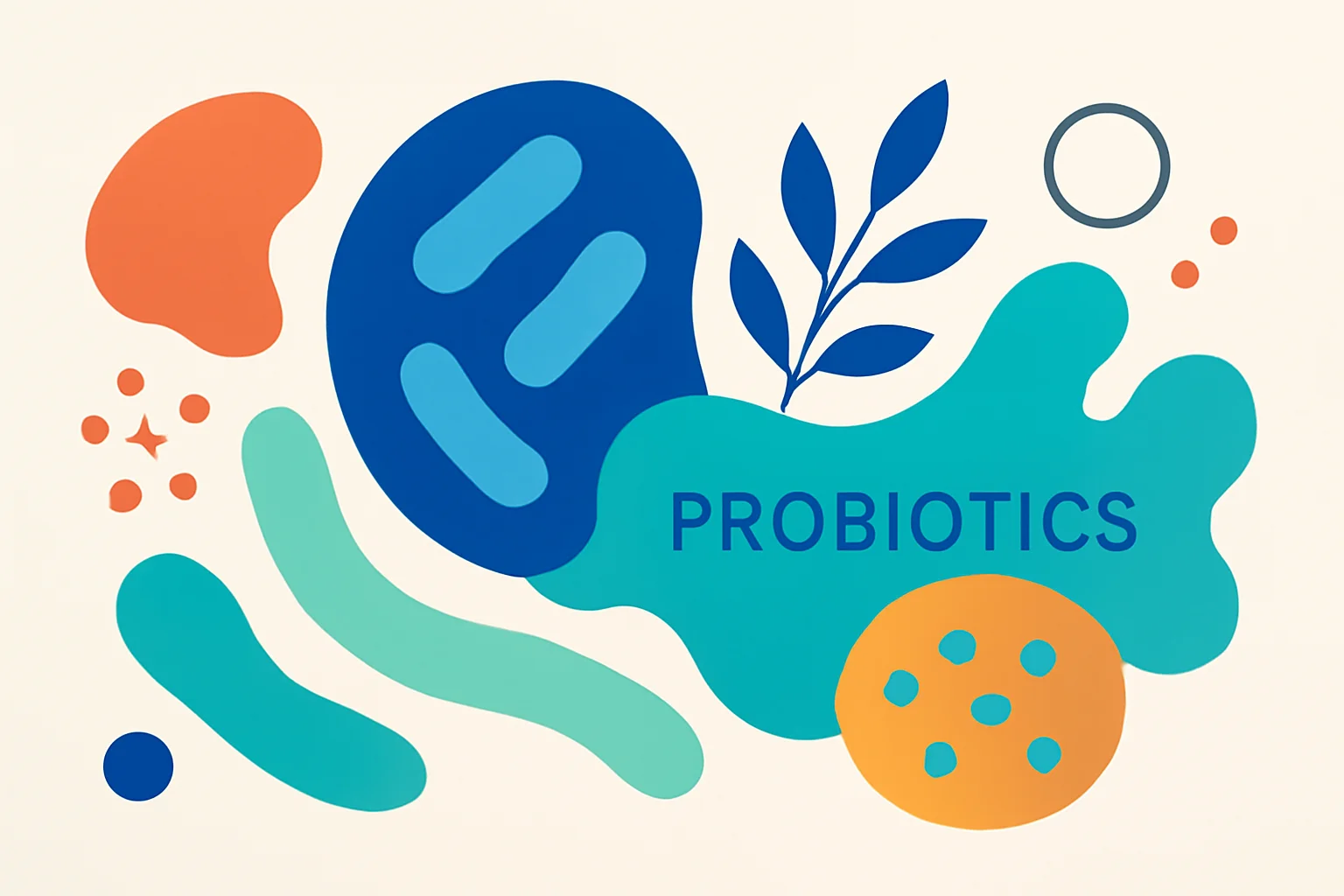
Effective Methods Against Bloating: Tips and Advice for Comfort
A bloating is a common yet often overlooked issue that complicates the lives of many people. Abdominal distension, discomfort, and digestive complaints all contribute to the fact that bloating often causes not only physical but also emotional discomfort. The functioning of the digestive system, dietary habits, and stress all play a role in the occurrence of bloating. The modern diet, which often includes processed foods, sugars, and carbohydrates, can exacerbate the situation.
Causes of Bloating
The causes of bloating can be diverse, ranging from dietary habits to various digestive disorders. Among adults, bloating is often associated with gastrointestinal disorders, such as lactose intolerance or gluten sensitivity. Additionally, a stressful lifestyle and sedentary habits can contribute to the problem.
Many people seek natural solutions for bloating, as dietary and lifestyle changes can be effective alongside medications. Below are some methods and tips that may help alleviate bloating and restore the balance of gut flora.
The Role of Diet in Preventing Bloating
Diet has a significant impact on digestive health, so it is important to consciously choose what we eat. Common causes of bloating include hard-to-digest foods, such as legumes, cruciferous vegetables (like broccoli and cabbage), and high-fiber foods. While these foods are healthy, they can be difficult for many to digest, leading to bloating.
Lactose-containing foods, such as dairy products, can also pose problems for many, especially for those who are lactose intolerant. Gluten-containing foods, like wheat, barley, and rye, can also cause bloating for those who are sensitive to them. Keeping a close eye on foods and identifying triggers can help reduce bloating.
Carbonated beverages, such as sodas and beer, can also contribute to bloating, as carbon dioxide gas can accumulate in the stomach. Instead, it is advisable to focus on consuming water or herbal teas, which can aid digestion.
Additionally, it is recommended to maintain regular meal times and chew slowly and thoroughly, as this helps with proper digestion of food. Taking digestive enzymes and probiotics can also contribute to preventing bloating, as they help maintain the balance of gut flora.
Natural Remedies for Bloating
There are several natural remedies that can help alleviate bloating. One of the most effective methods is consuming herbal teas. Peppermint tea, for example, is a popular choice as it may help reduce abdominal cramps and bloating. Peppermint oil can also be beneficial when diluted and applied to the abdomen.
Chamomile tea also has a soothing effect on the digestive system and can help relieve stomach discomfort. Ginger, which can be consumed fresh or in powdered form, is also known for its beneficial effects on reducing bloating. Ginger tea or chewing on ginger slices is also a great option.
It is important to note that spices such as cumin, caraway, and turmeric can also help improve digestion. These can be incorporated into our diet as spices or consumed in tea form.
Breathing exercises and stress management techniques, such as meditation and yoga, can also contribute to reducing bloating. Stressful situations often lead to digestive problems, so relaxation methods can help alleviate abdominal distension.
The Impact of Lifestyle Changes on Bloating
Lifestyle changes play a key role in managing and preventing bloating. Regular physical activity, such as walking, running, or cycling, can improve digestion and reduce the severity of bloating. Movement stimulates bowel movements, allowing food to pass through the gastrointestinal tract more quickly, which reduces gas production.
Stress management is also important, as stress and anxiety can often contribute to bloating. Techniques such as deep breathing, meditation, and yoga can help reduce stress, thereby improving digestion as well. The quality of sleep also affects the digestive system; adequate quantity and quality of sleep can help prevent bloating.
Considering our daily routine can also be beneficial. In addition to regular meals, proper hydration is crucial; without sufficient water intake, digestion can struggle. Consuming 2-3 liters of water daily can help ensure optimal digestive system functioning.
Last but not least, social connections and interactions can positively impact our emotional state, which can indirectly contribute to reducing bloating. Maintaining a healthy lifestyle, therefore, encompasses not just nutrition but also physical and mental well-being.
**Note:** This article does not constitute medical advice. Always consult a doctor for health issues.

